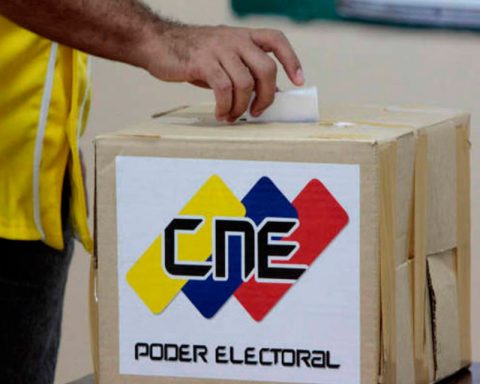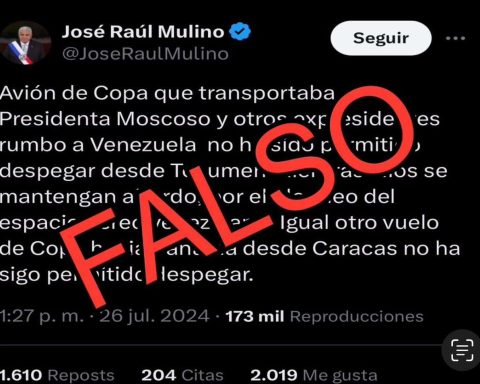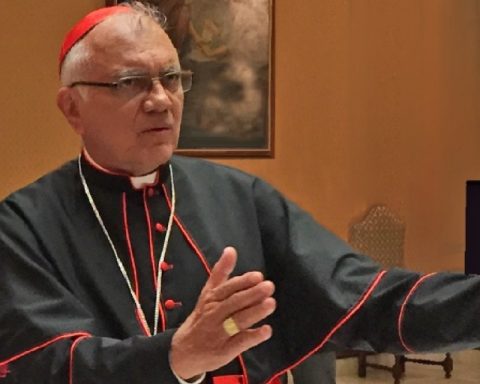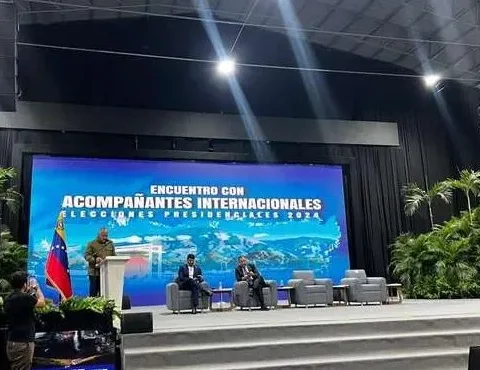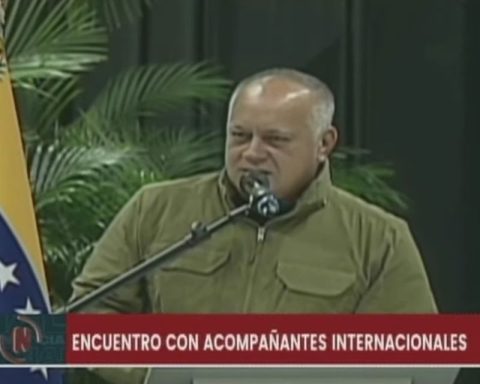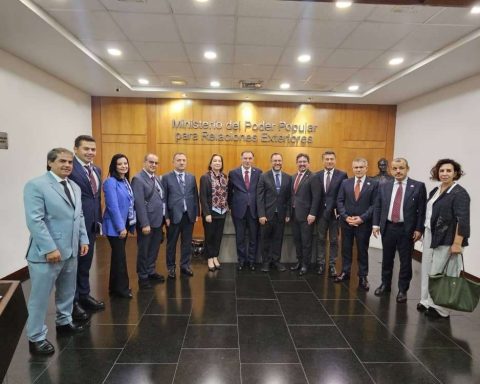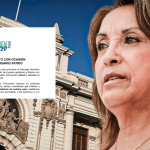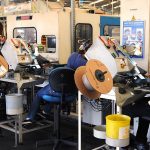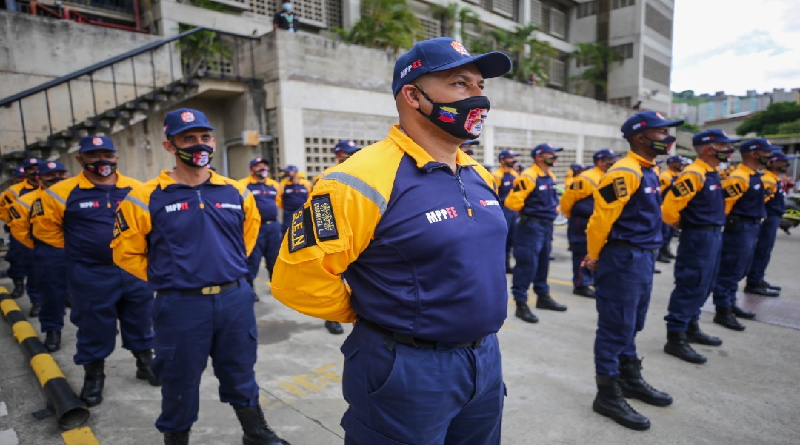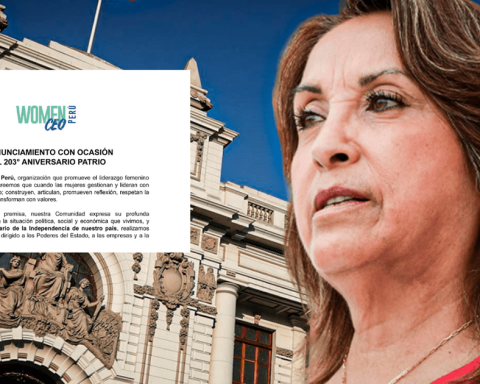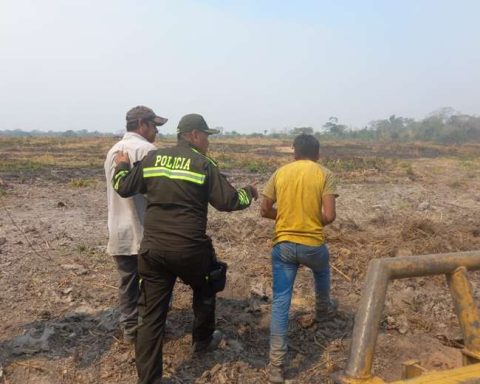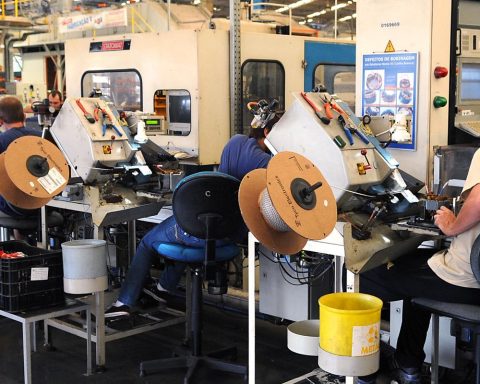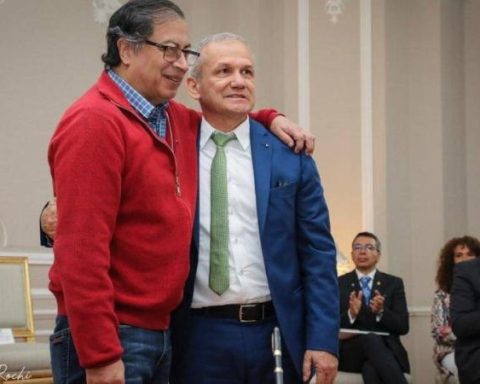In the opinion of the financial analyst José Ignacio Guarino, the applications that work under the “buy now and pay later” scheme energize and promote moderately low consumption, “but there is nothing that goes to the productive economy, which is the one that gets out of hyperinflation and devaluation”. For their part, users of platforms such as Cashea ensure that through this system it is easier to access quality products instantly.
Under the premise of “buy now in installments and without interest”, several platforms present themselves as a flexible shopping alternative that benefits both businesses and buyers, in the purchase-sale transaction of various types of consumer goods that can be purchased immediately.
Through the payment divided into an initial payment and several equal installments without interest, which must be paid from time to time, the applications promote consumption while seeking to promote an inclusive economy, which involves sectors of the population whose purchasing power does not allow the cash purchase of products.
In the opinion of financial experts, this type of system appears as an alternative to having personal loans in a country where it has almost disappeared and with credit cards whose amount limits are less than a minimum wage of 130 bolivars.
Jose Ignacio Guarinoa banking analyst, indicated that the applications that work under the “buy now and pay later” scheme energize and promote moderately low consumption, “but there is nothing that goes to the productive economy, which is the way out of hyperinflation and devaluation.”
“What worries me about financing in Venezuela is that, if it does not go to the real economy first, to the productive economy, what it can do is push towards inflation, because if there is excess demand there will be an increase in price,” Guarino said.
He pointed out that these types of applications that offer financing are interesting options, “although they go against the country’s government policy, which is to eliminate consumerism.”
Guarino stressed that “the economy can be boosted in terms of consumption, but that way we will not get out of hyperinflation, nor from the situation in which the exchange rate is highly volatile, where the currency is devalued because nobody wants it”.
The president of the National Council of Commerce and Services (Consecomercio), Tiziana Polesel, reported that the figures for the sector continue to be negative, despite a slight recovery in the last three months of 2023.We are still negative compared to the same first five months from last year”.
The drop in sales in the eastern region of the country was 44%, while for the West it was 34% and in the Center of the country they fell 21%. “Fewer units are being sold or fewer people are being served in the case of services,” Polesel said.
Among the benefits offered to buyers by platforms such as Cashea, which work on the two most widely used mobile operating systems, are quick access to a purchase line, immediate product withdrawal and interest-free payment in fixed installments. In addition, the punctual payment increases the purchase line, the amount of the initial payment is reduced and you can access exclusive offers.
«For me with the app, since last year, I have done super well. I have bought clothes, concert tickets, shoes. The truth is that it is a super friendly system, easy to understand, the team is always monitoring compliance with the payment of installments and they explain everything without problem. What seems most valuable to me is that there is no interestwhich is much more beneficial than buying with a credit card,” commented Giovannina Rodríguez, a user of the Cashea app.
He explained that the collection system depends on the credit granted. Close to the payment date, the app notifies the user, via email or through a call, the amount to be canceled and, if it is canceled before the date, users receive points that translate into more credit. On the contrary, if the payment is late, the credit is blocked and the app cannot be used.
*Lsee also: Loan portfolio doubled in one year, but covers only 5.5% of credit need
«I bought a couple of phones in a technology store, you pay 50% and the rest in three biweekly installments, depending on the price of the product. For example, if the full amount is $300, they will divide the payment and you are left paying three installments of $50 each. I use the app when I want to buy something of better quality and therefore more expensive. It is also a purchase option if you do not want to run out of money,” said Antonio Tovar, who works as a motorcycle taxi driver.
Among the goods offered by affiliated businesses, technology, clothing, footwear, sporting goods, hardware, concert tickets, among others, stand out.
Through his Twitter account, the economist and director of the Ecoanalítica consultancy, Asdrubal Oliveros, explained that there is no comparison between bank loans and the financing of “Buy now and pay later” apps, since both models are different and, therefore, the regulatory structure is different.
A consumer credit is a type of loan granted by financial institutions, which allows you to obtain a sum of money to use as you wish. You can use this money to buy goods, pay bills, cover emergencies, among others. Personal loans to…
— Asdrúbal R. Oliveros (@aroliveros) July 10, 2023
He explained that a consumer loan is a type of loan granted by financial institutions, which allows obtaining a sum of money to use as desired, with monthly payments that include interest as a payment to the principal.
Whereas, “the ‘buy now, pay later’ (Buy Now, Pay Later – BNPL) system is a form of financing that allows consumers to buy goods or services immediately and pay for them over time, generally in monthly installments”, Oliveros argued.
He stressed that, In general, consumer credit is a more flexible option, because the money can be used for any purpose and the loan amount is usually higher. However, personal loans often require a credit check and may have higher interest rates.
He explained that, in BNPL system platforms it is easier and faster to obtain credit at the point of sale, “But it is usually limited to purchases of specific goods and the amount of credit may be less.”
And who doesn’t pay?
On this point, Cashea’s website reports that in the event that the user fails to comply with any of the fees, “the account will be paused due to non-payment or incomplete payment” and the debt will be transferred to Cashea, to whom direct payment of the pending fees must be made from that moment, as well as the reactivation charges that apply to become part of the community again, which has a cost of four dollars for each late fee.
Among the main advantages that affiliated businesses have is the complete elimination of the risk of non-payment and possible fraud for companies, as they are fully assumed by the platform. Also the increase in clientele and access to the network of users of the application at a national level, according to the information on its website.
For its part, the affiliated merchant will pay a fixed commission for each purchase agreed in the contract. Unaccepted purchase requests do not generate any cost. The amounts to be canceled by subscription or by integration are not fixed.
*Read also: Only for “Venezuela Premium” is vehicle financing reactivated
Post Views: 119
